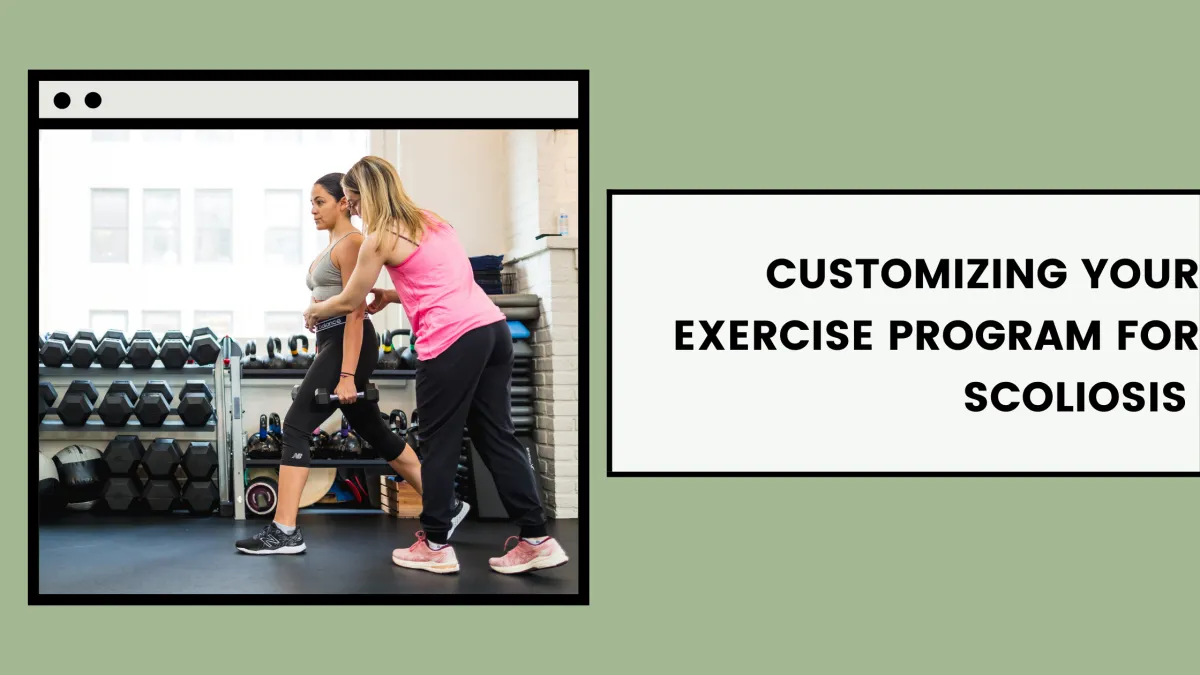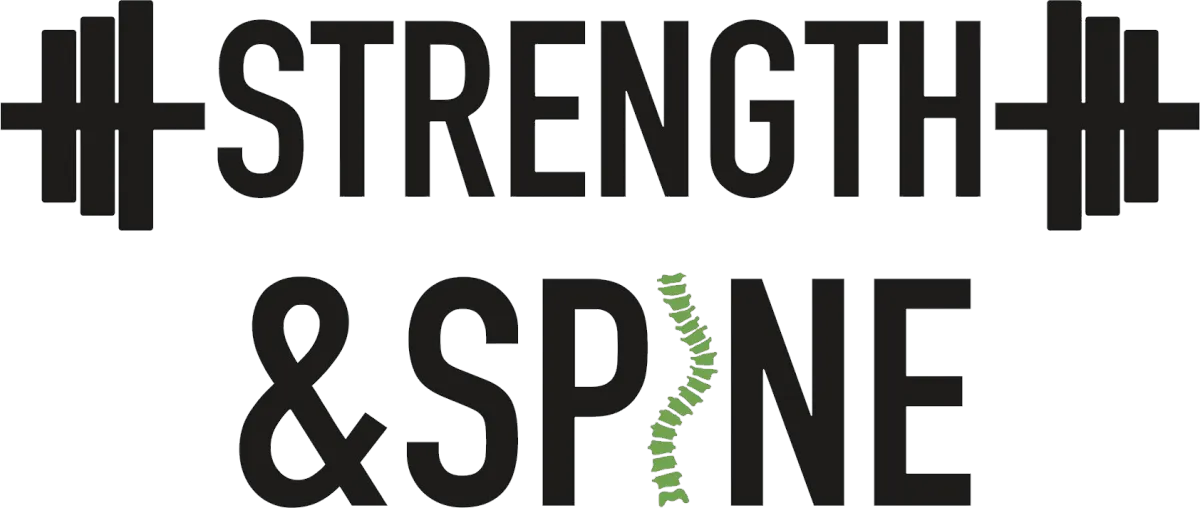Check Out The Latest Blog Posts To Learn More

Making an Exercise Program for Scoliosis | Strength & Spine
Customizing Your Exercise Program for Scoliosis
Picture this: You’ve heard all the information about the benefits of building strength, and you’re ready to get started. You’ve figured out your exercise goals and you’ve chosen a program. You’re in the gym, but you’re suddenly hit with doubt and start second-guessing your workout.
Can you squat with scoliosis? Or will that cause back pain? Is it safe to deadlift with scoliosis, or will you be endangering your curve? You want to stick with your exercise program, but it’s not customized for scoliosis. What should you do?
If this sounds familiar, you’re not alone. It’s easy to get overwhelmed when it comes to finding a gym routine — especially if you have scoliosis. But your curve doesn’t prevent you from exercising — you can even strength train after spinal fusion surgery! All you need to do is figure out how to adapt your workout program to accommodate your curve.
Scoliosis exercise customizations: Powerlifters with scoliosis
If powerlifting is your favorite way to spend time in the gym, here’s what you need to know.
Barbell resistance training can be extremely effective in building strength and maintaining functional mobility as you age.
You can reduce the risk of injury by giving your body time to recover — during sessions (between sets) and in between sessions (with days off).
Maintaining proper form and alignment helps protect your spine.
Monitor your pain level during and after workouts. Mild discomfort/soreness are common symptoms for most powerlifters, especially when they’re starting out, but don’t “push through” severe pain.
Make sure your lifting technique is consistent, and only increase the weight when you can do so without impacting your form.
Looking for some inspiration? Lamar Grant and Heather Conner are two highly successful powerlifters with scoliosis!
Scoliosis exercise customizations: Weight training with scoliosis
Powerlifting isn’t the only way to work out with weights. You can also strength train with dumbbells and other types of resistance (like bands and body weight) to build muscle.
Choose a program that has an appropriate amount of volume (weight, reps, and sets) for your current level of fitness and your goals.
Progress at a safe pace that challenges your body without introducing pain or impacting your form.
Incorporate consistent core training to help maintain your alignment and support your spine.
Add scoliosis-specific exercises to improve your posture and slow curve progression.
Can you squat and deadlift with scoliosis? For most people, the answer is yes! Just focus on maintaining your form and alignment, and modify exercises as necessary.
Scoliosis exercise customizations: CrossFit with scoliosis
CrossFit incorporates strength training and cardio, so it can be an efficient way to improve your overall fitness. If you have scoliosis, follow these tips:
Choose an appropriate training volume — don’t jump into an advanced session if you are new to weights, cardio, or both.
Avoid any movements that require excessive bending or twisting of your spine.
Make sure to add in core exercises to build strength and support for your spine.
And just like with any workout program, don’t forget about your scoliosis-specific exercises for alignment and posture.
Jumpstart your 2024 gym goals today!
The gym can feel a little intimidating when you’re just starting out, but scoliosis doesn’t necessarily prevent you from lifting weights or doing CrossFit-style exercises. Just start at a level that fits your current abilities, progress without ignoring your form, and make sure to incorporate lots of core work and scoliosis-specific exercises.
If you want to remove the guesswork from your exercise program, work with a trainer! Every trainer on the Strength & Spine team is an expert in exercise and scoliosis. We can help you build a completely customized routine that fits your curve and your goals.
And if you book a 1:1 coaching package before the end of the year, you’ll get the rest of 2023 free on top of the six months of training that start January 1. It’s the perfect way to get a head start on your 2024 fitness goals!
WE ARE
Strong with Scoliosis
Start today on an exercise program that helps you become empowered, strong, and confident in your scoliosis curve.
FIND US
Strength and Spine
Online Sessions and Coaching
We work with clients all over the world
*Please contact us for in-person appointments*

